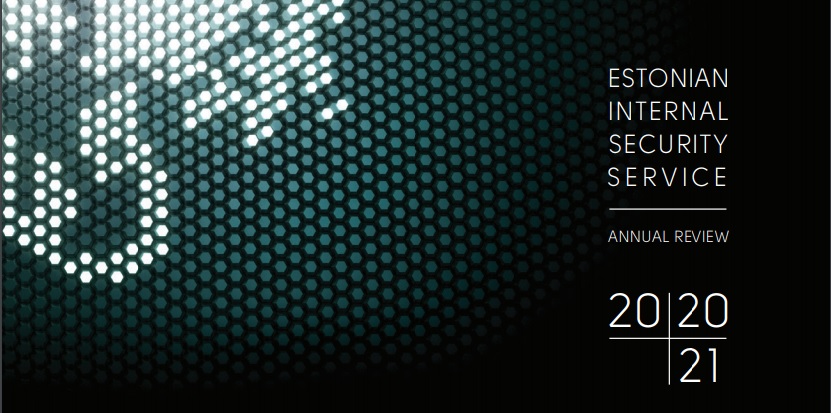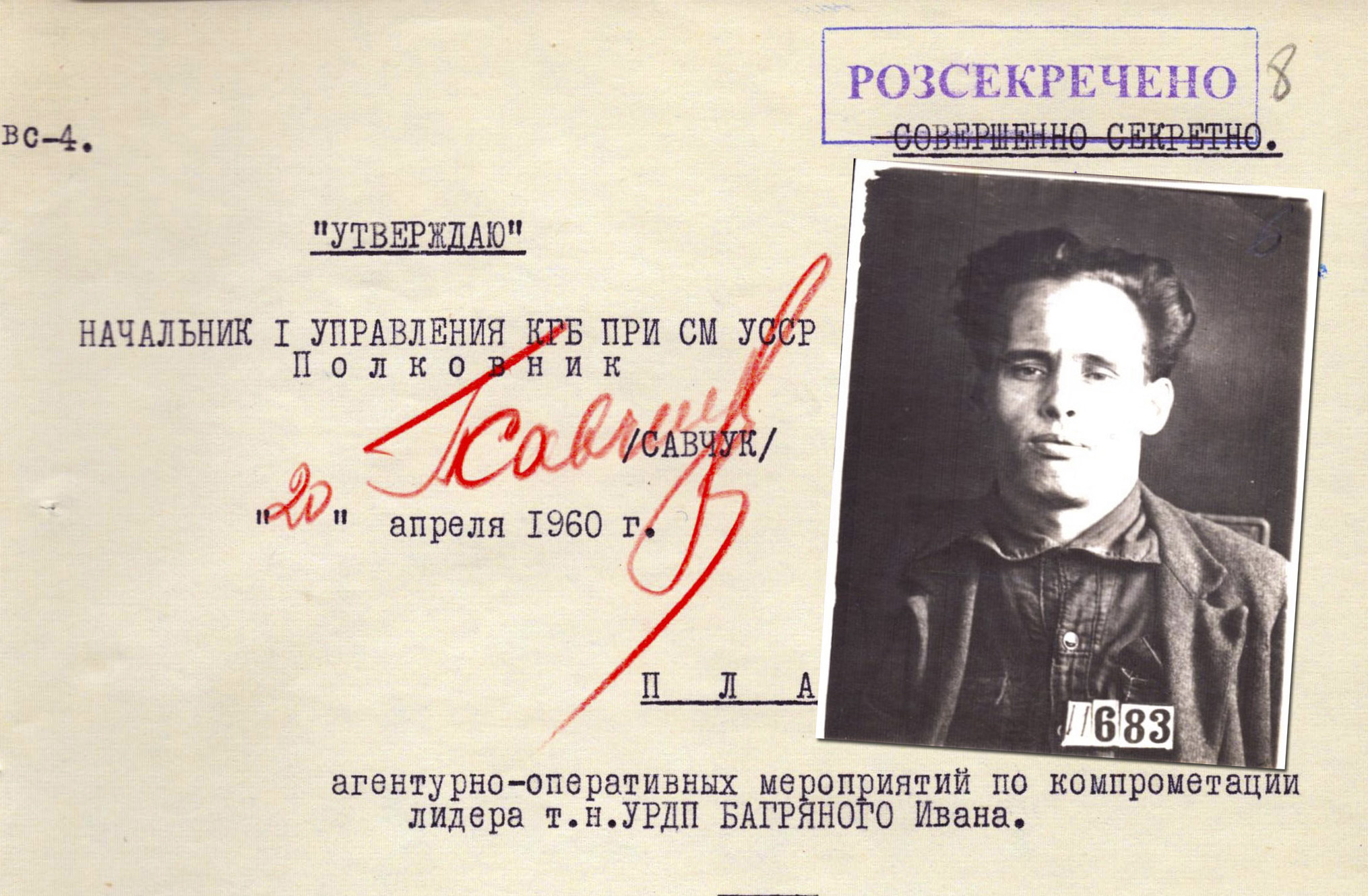Russia Is Intensifying Intelligence Activities in Europe After Normalization of the Situation with COVID-19 –Estonian Internal Security Service
4/23/2021

The world increasingly recognizes that Russia poses a threat to the security not only of Ukraine or Europe, but of the whole world. The annual reports of NATO intelligence services directly point to the indisputable facts of Russia's interference in the general world order.
Ukraine's Foreign Intelligence Service will continue to publish the main theses of the reports, which tell about the destabilizing actions of the aggressor country.
The Estonian Internal Security Service (KaPo), which is responsible for defending the constitutional order and counterintelligence, outlined in its traditional annual report the destructive role of the Russian Federation for the national security of the Republic.
In the section “Defending the Constitutional Order” the first is the chapter “The Kremlin Influence Operations in Estonia”, which outlines in detail the approaches used by Russia in 2020, in particular in the context of spreading disinformation about COVID-19 or celebration of the “Great Victory”.
Estonian counterintelligence officers also monitor the Kremlin's use of ROC tools to achieve its foreign policy goals. It is noteworthy that, according to KaPo, the establishment of the Orthodox Church of Ukraine in 2018 and its recognition by the Ecumenical Patriarchate significantly weakened the position of the ROC. In response, the Kremlin is trying to intensify the ROC's influence on neighboring countries, with the Estonian direction being one of the priorities.
Of particular concern is Russia's growing commitment to work with young people, especially Russian-speaking ones. The KaPo clearly defines Russia's persistent desire to deepen the division of the Estonian society, first of all on the basis of the language (”The Kremlin’s desire to maintain segregated bi-lingual education in Estonia in order to divide society has not disappeared...”). Diplomats of the Russian Embassy in Estonia are actively taking care of such projects.
At the same time, Moscow is trying to rethink its approach to using “soft power” tools (although the Russians lately have been trying to replace this term with the more neutral - “humanitarian action”), as evidenced by personnel changes in the leadership of relevant structures, such as the Fund for the Legal Protection and Support of Russian Federation Compatriots Living Abroad” or Rossotrudnichestvo (the new Head of the latter Yevgeny Primakov sees “humanitarian cooperation” with the Baltic states as a long-term priority).
As in the section “Defending the Constitutional Order”, the chapter “Counterintelligence” is almost entirely devoted to the intelligence and subversive activities of Russia's special services. It is interesting to note that, according to KaPo analysts, the activity of the FSB due to the launch of anti-Covid measures in Estonia was partially paralyzed. Moreover, attempts by some FSB units on the border to ignore the warnings of infectious disease specialists ended in hospitalization of many “Chekists”. As a result, Russian spies were forced to replace the face -to- face communication with their secret assistants with e-mail or social media.
At the same time, experts point out that, taking into consideration the gradual restoration and normalization of life in European countries, we should expect intensification of Russia's cyber attacks on Estonian state structures and Russian agents' activities in countries from which their diplomats have been lately


